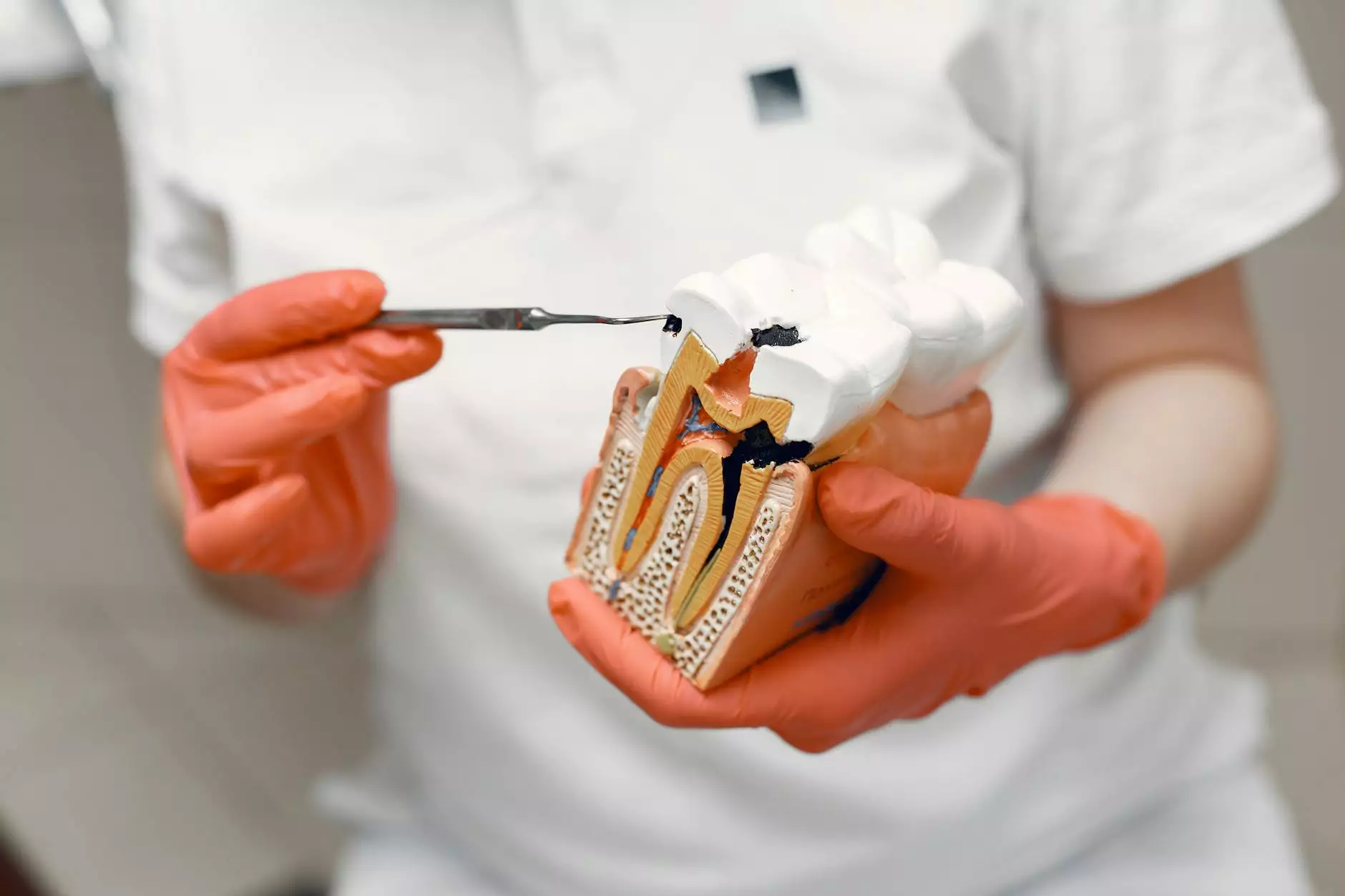Understanding Stomach Cancer Centers: A Comprehensive Guide

Stomach cancer, also known as gastric cancer, is a formidable health challenge affecting millions of people globally. Stomach cancer centers play a pivotal role in addressing this disease, offering specialized care, advanced treatment options, and comprehensive support for patients. In this article, we will delve into the essential services provided by these centers, their significance, cutting-edge treatments, and how they contribute to improving patient outcomes.
The Importance of Stomach Cancer Centers
The journey of a patient diagnosed with stomach cancer can be overwhelming. Stomach cancer centers offer a multidisciplinary approach that combines the expertise of various specialists, ensuring holistic care throughout the treatment process. Here are some key reasons why these centers are vital:
- Specialized Care: Oncologists, surgeons, nutritionists, and palliative care experts work collaboratively to create personalized treatment plans.
- Access to Advanced Technologies: Facilities at these centers often include the latest diagnostic tools and innovative treatment technologies.
- Research and Clinical Trials: Many stomach cancer centers are affiliated with research institutions, providing patients with access to cutting-edge clinical trials.
- Support Services: Alongside medical treatment, patients receive psychological support, dietary advice, and rehabilitation services.
Understanding Stomach Cancer
Stomach cancer begins in the lining of the stomach and can spread to other areas of the digestive tract and beyond. Understanding the types, stages, and symptoms of stomach cancer is crucial for early detection and effective treatment. Here are key points to consider:
Types of Stomach Cancer
There are several types of stomach cancer, of which the two most common are:
- Adenocarcinoma: This is the most prevalent type, which originates in the glandular cells of the stomach lining.
- Gastric Lymphoma: This type arises from the lymphatic tissue in the stomach and is part of a group of cancers called lymphomas.
Symptoms of Stomach Cancer
Being aware of the symptoms can lead to early diagnosis and improved treatment outcomes. Common symptoms include:
- Persistent stomach pain or discomfort
- Unexplained weight loss
- Nausea or vomiting
- Difficulty swallowing
- Fatigue
- Blood in vomit or stool
Services Offered at Stomach Cancer Centers
Stomach cancer centers provide a comprehensive suite of services designed to address all aspects of patient care. Here are some of the core services offered:
Diagnostic Services
Accurate diagnosis is crucial for effective treatment. Stomach cancer centers offer:
- Endoscopy: A procedure that allows doctors to look inside the stomach using a flexible tube with a camera.
- Biopsy: Tissue samples are taken during endoscopy for laboratory analysis.
- Imaging Tests: CT scans, MRI scans, and PET scans are essential for staging the cancer and planning treatment.
Treatment Options
Once diagnosed, patients may undergo several treatment modalities, depending on the cancer's stage and type:
- Surgery: Various surgical options, including subtotal or total gastrectomy, are performed to remove cancerous tissues.
- Chemotherapy: Patients may receive chemotherapy to kill cancer cells, either pre-operatively or post-operatively.
- Radiation Therapy: Used either in conjunction with other treatments or alone to target and eliminate cancer cells.
- Targeted Therapy: Newer medications aim at specific characteristics of cancerous cells, leading to effective treatment with potentially fewer side effects.
- Immunotherapy: This groundbreaking treatment enhances the body’s immune response to fight against cancer cells.
Rehabilitation and Support Services
Stomach cancer centers recognize that recovery extends beyond medical treatment. They offer:
- Nutritional Support: Registered dietitians assist patients in developing meal plans that meet their nutritional needs during and after treatment.
- Palliative Care: Comprehensive support addressing symptoms and improving quality of life for patients with advanced cancer.
- Psychological Counseling: Mental health professionals provide support to help patients cope with the emotional challenges of cancer.
- Support Groups: Patients can connect with others facing similar challenges, providing valuable emotional support and shared experiences.
Research at Stomach Cancer Centers
Research is a fundamental aspect of stomach cancer centers. These facilities often engage in clinical trials aimed at discovering new treatments and improving existing ones. By participating in research, patients not only access cutting-edge therapies but also contribute to the advancement of medical knowledge for future generations.
Importance of Clinical Trials
Clinical trials are essential for evaluating new treatments and therapies. Patients participating in these trials may benefit from:
- Access to New Treatments: Some may offer innovative options not widely available.
- Comprehensive Care: Trials typically provide close monitoring and support.
- Contributing to Research: Helping to enhance understanding and treatment of stomach cancer.
Choosing the Right Stomach Cancer Center
Selecting the appropriate stomach cancer center is a critical decision for patients. Consider factors such as:
Accreditation and Credentials
Ensure the center is accredited by relevant health authorities and that the medical professionals have the necessary qualifications and experience in treating stomach cancer.
Comprehensive Care Approach
Look for centers that provide a multidisciplinary team approach, offering the collaboration of various specialists for a holistic treatment plan.
Access to Clinical Trials
Inquire about ongoing clinical trials, as this may enhance treatment options available for patients.
Patient Reviews and Testimonials
Reading about other patients' experiences can provide insights into the quality of care and support offered by the center.
Conclusion: Empowering Patients through Specialized Care
Stomach cancer centers serve as crucial pillars in the fight against stomach cancer. By offering specialized care, advanced treatment modalities, and comprehensive support, these centers significantly impact patient outcomes and quality of life. If you or a loved one is facing a stomach cancer diagnosis, seeking care from an accredited stomach cancer center can be a vital step toward recovery.
For more information on treatment options and to connect with an expert team, visit Oncological Surgery.








